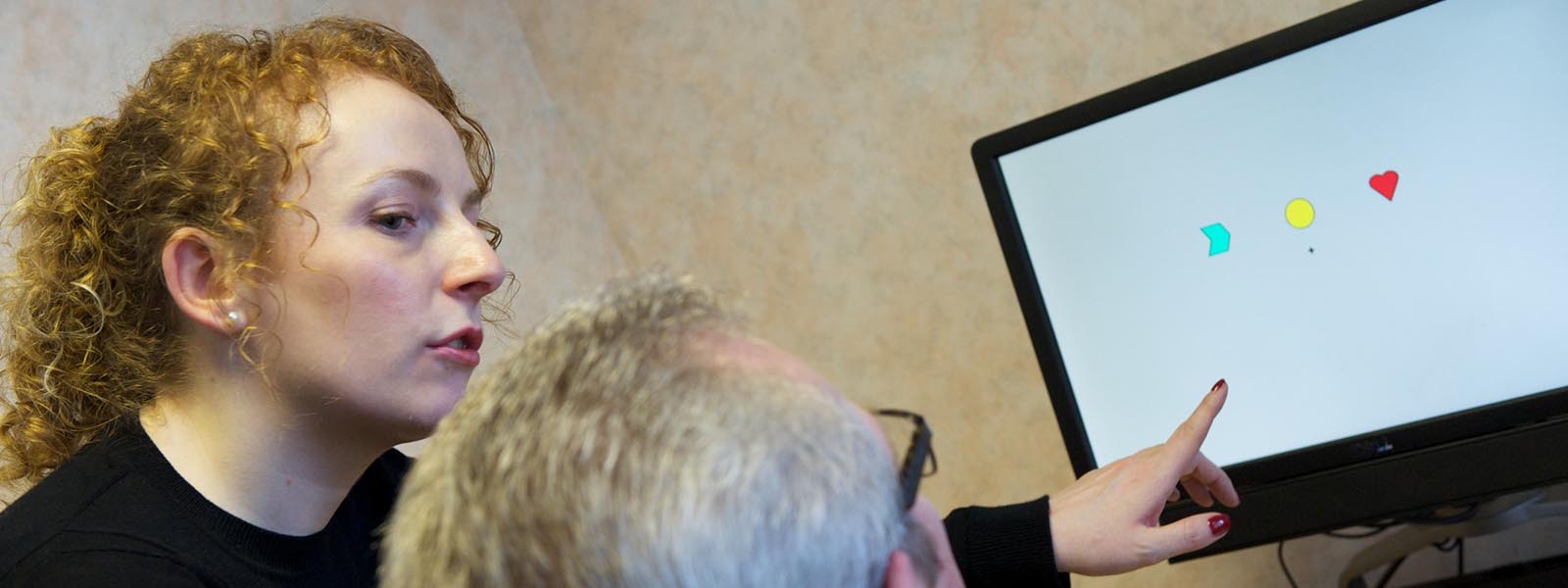At Strathclyde we are engaged in a range of activities aimed at understanding how we might foster better, healthier ageing. This work is especially important in the context of rapid population ageing, and will help us to experience a better quality of life in older age. Our lifespan expertise considers childhood through to education, employment, and older age. We also consider marginalised groups, and how we can promote independence in ageing.
Our multidisciplinary expertise around Ageing Better is underpinned by a number of working groups including:
- Psychological Sciences & Health
- Pharmacy & Biomedical Sciences
- Biomedical Engineering
- Computer & Information Sciences
- Mathematics & Statistics
- Social Work & Social Policy
- Strathclyde Business School
- Education
Our work encompasses a variety of projects, such as those that aim to enhance cognition in healthy older adults, to improve early diagnosis and detection of dementia, to understand the biochemical signatures of frailty, to increase the speed of drug development, and to optimise stroke rehabilitation.
Our expertise and key capabilities include:
- cognitive and neuropsychological assessment
- neuroimaging analysis techniques
- electrophysiology
- psychophysiology
- eye-tracking
- digital technology
- virtual reality
- multi-omics analysis (metabolomics and proteomics)
- biochemical modelling
- statistical modelling including fusion of multi-layered datasets
The Strathclyde Ageing Network comprises and represents the University’s multidisciplinary ageing-related researchers, knowledge-exchange staff and teaching colleagues. We meet regularly to share and discuss research and policy issues in ageing, and to develop new innovative ideas.
There are also more specific ageing-related groups that target particular issues around Ageing Better. These include the Dementia Research Network - which incorporates two key groupings: 1) Health, Wellbeing and Care, and 2) Diagnostics, Disease Mechanisms and Therapeutics.
Also, the Stroke Research Group shares the latest stroke intelligence and encourages collaborations between multidisciplinary colleagues.
